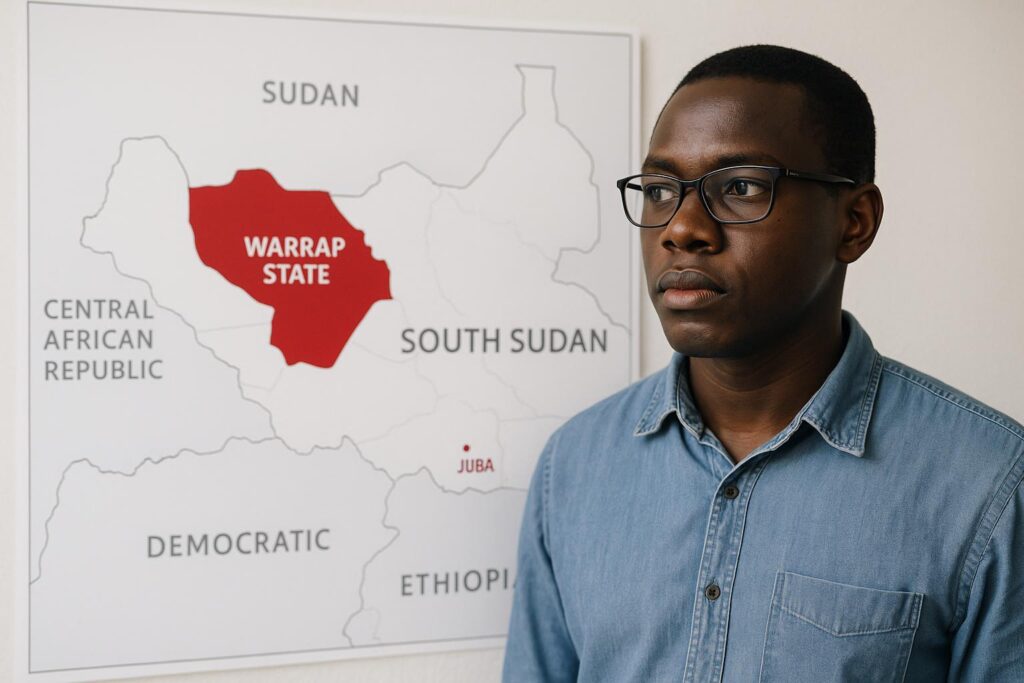Journalist Training Boosts Field Readiness
Thirty-five Warrap State reporters gathered in Kuajok on Friday for an intensive workshop on conflict-zone coverage, hosted by local NGO Bridge for Social Service and financed by the Korea International Cooperation Agency.
The one-day session carried the theme “Peace and Community Cohesion” and promised practical tips on gathering facts, verifying sources and filing balanced copy under pressure.
Neutrality in Conflict Reporting
Santino Manut Walgot, director-general at the state information ministry, reminded attendees that neutrality is both an ethic and a shield, noting that single-sided stories can expose journalists to community retaliation.
“Present accurate, fair and balanced stories—you are already practitioners,” he told the mainly youth panel from Kuajok’s 99.0 FM studio.
Digital Safety for Reporters
Lead facilitator Bona Malual linked hate speech on social media to flare-ups across Warrap, urging participants to pre-empt violence through careful wording and quick rumor checks.
Exercises simulated live radio debates, WhatsApp news tips and hostile source interviews, giving reporters tactics for de-escalation, self-protection and community engagement.
Voices from the Warrap Newsroom
“It refreshed key principles for conflict beats,” said Ayuel Santino Manut, while colleague Athil Agany praised guidance on verifying user-generated content before going on air.
Both agreed that accuracy, not speed, is the safest path to credibility and social harmony.
Regional Ripple Effects of Media Coaching
Similar workshops have emerged in Lakes, Jonglei and parts of eastern DR Congo, reflecting a continental push endorsed by UNESCO to insulate journalism from cycles of revenge.
Observers say concerted training can preserve fragile ceasefires by ensuring stories humanize all sides rather than inflame fault lines.
Next Steps for Warrap Media Houses
BRISS plans follow-up mentorship and a hotline for reporters needing quick legal or safety advice, an initiative applauded by the local journalists’ union.
If funding endures, organizers hope to extend the curriculum to citizen bloggers whose posts increasingly shape communal perceptions.


